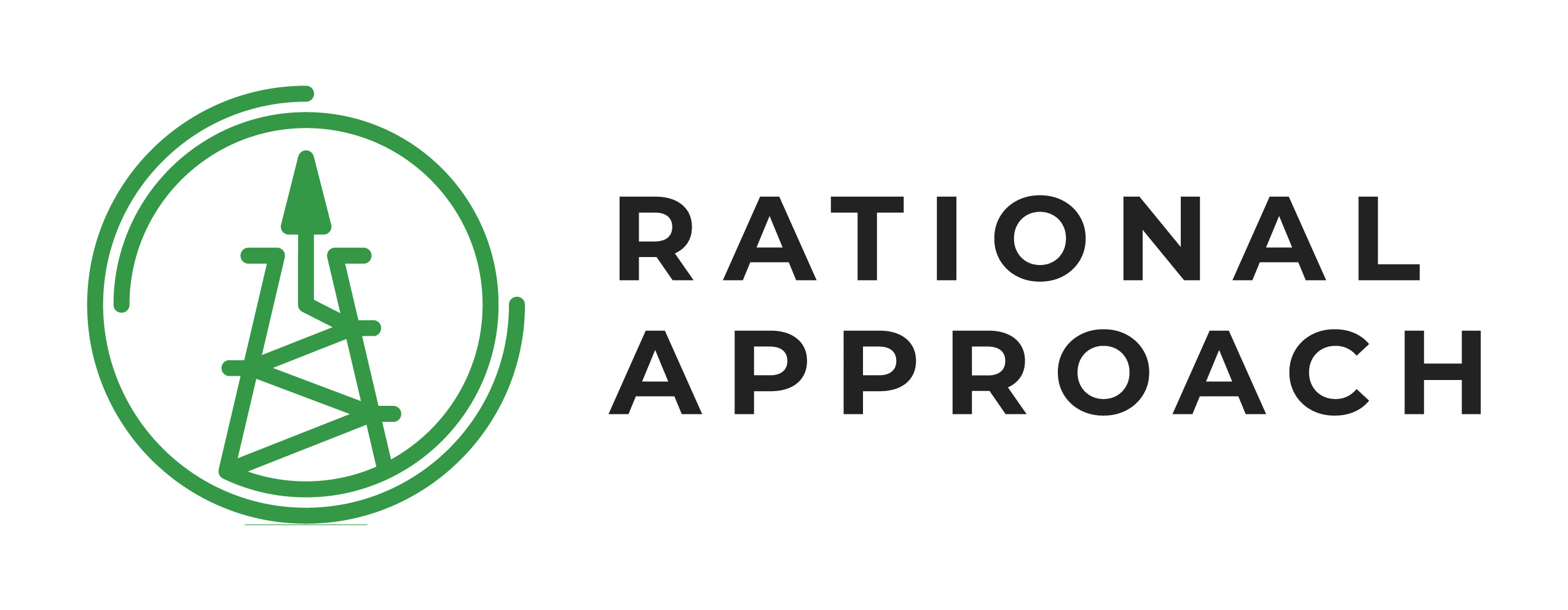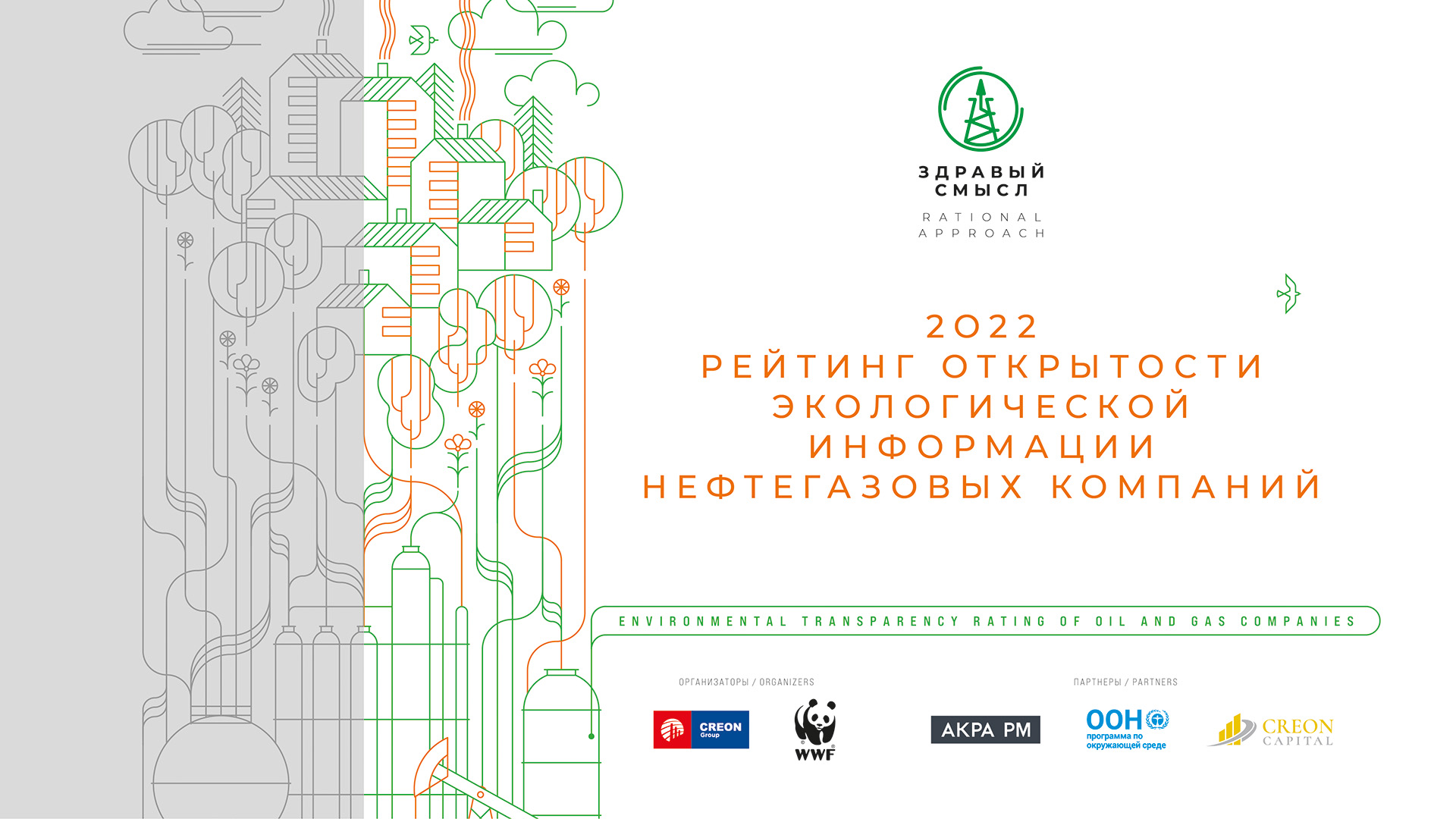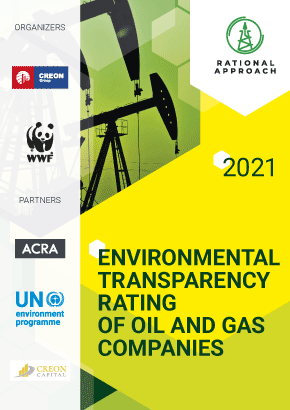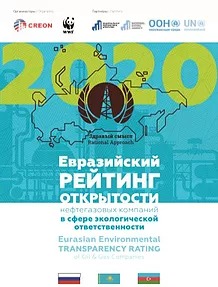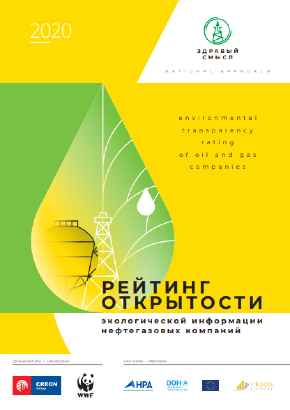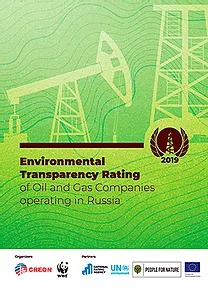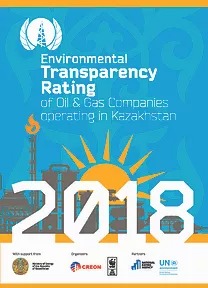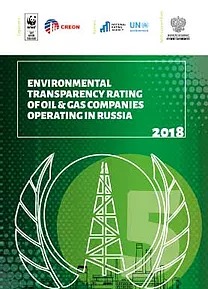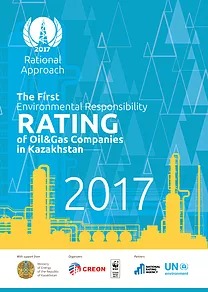CREON group of companies together with WWF Russia, with participation of National Rating Agency (NRA) and UNDP/GEF-Ministry of Natural Resources of the Russian Federation, have presented results of the second Environmental Responsibility Rating of Oil & Gas Companies in Russia.
On December 9, Moscow hotel Balchug Kempinsky hosted the announcement ceremony of the Environmental Responsibility Rating of Oil & Gas Companies in Russia results. This is a joint project of CREON group of companies and WWF Russia purported to stimulate Russian oil&gas industry players to make environmental protection measures a part of their strategic priorities. Rating criteria are grouped in three sections evaluating ecological management quality, level of environmental impact, and the degree of information transparency.
The ceremony started with the welcome address of Fares Kilzie, head of the CREON group of companies. He noted that rating organizers and oil producers have invested considerable cooperative efforts into perfection of the rating methodology. Mr. Kilzie expressed his hopes that thanks to the above, the rating is now more precise when it comes to indicating environmental conditions in the industry.
Svetlana Seinfield, Manager of the UNDP/GEF-Ministry of Natural Resources of the Russian Federation project, pointed out that rating biodiversity criterion (mandating biodiversity preservation programs in respective areas of operations) has been expanded this year. From now on, a range of additional indicators are being accounted for, including biodiversity preservation related expenses, availability of documents on biodiversity in the Internet, etc. Ms. Seinfield voiced out certainty that increasing number of biodiversity preservation indicators in corporate policies and oil&gas production practice will support focus on this aspect of environmental protection activities.
Alexey Knizhnikov, Oil & Gas Programme Leader, WWF Russia, dwelled further on changes in the rating methodology. He mentioned that Transneft, the monopolistic operator of Russian overland oil pipelines, was included in the list of rated companies. Another methodology improvement, as described by MR. Knizhnikow, is the expansion of Ecological Management section. Among freshly included criteria are subcontractors environmental protection measures and voluntary insurance of ecological risks. Another change is that indicators, pertaining to disturbed and contaminated lands, have been excluded from the Environmental Impact section.
According to Alexander Pakhalov, Lead Analyst, NRA, focused on issues of ecological information transparency. Majority of rated companies (14 of 21) publish environmental reports, however only nine of them do that in accordance with GRI international standards, while five companies only employ internal corporate standards. Remaining seven companies do not publish non-financial reports, limiting disclosure to provision of short overview data on ecological aspects at their web sites.
During the final part of the ceremony, Fares Kilzie, head of CREON group of companies, and Viktor Chetverikov, General Director of the National Rating Agency, handed out diplomas to representatives of top three rating winners. This year, the absolute leader is Surgutneftegaz, followed by Gazprom and Sakhalin Energy. At the same time, Gazprom topped the Environmental Impact section, while Sakhalin Energy came in first in Ecological Management and Information Disclosure sections.
Diplomas were also awarded to Total PPP and Exxon NL that achieved the largest intra-rating progress. These companies moved up six and seven rating positions respectively. Diplomas were also granted to Sakhalin Energy for achieving top results in biodiversity preservation additional criteria, and to Zarubezhneft that published non-financial reports to the fullest extent.
After the rating results were announced the floor was given to organizers, rating partners and oilers for open discussion. Among other topics, future changes to the rating methodology were considered. As Alexey Knizhnikov noted, one of such changes in the next year might be the inclusion of updated additional criteria (biodiversity preservation) into the general rating.
